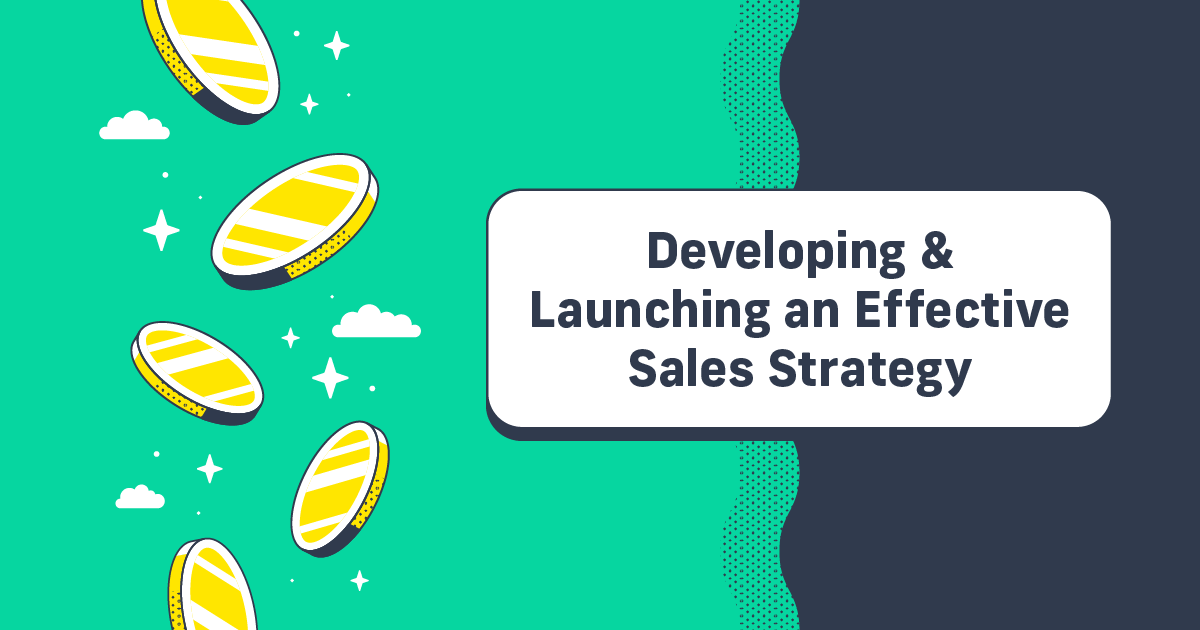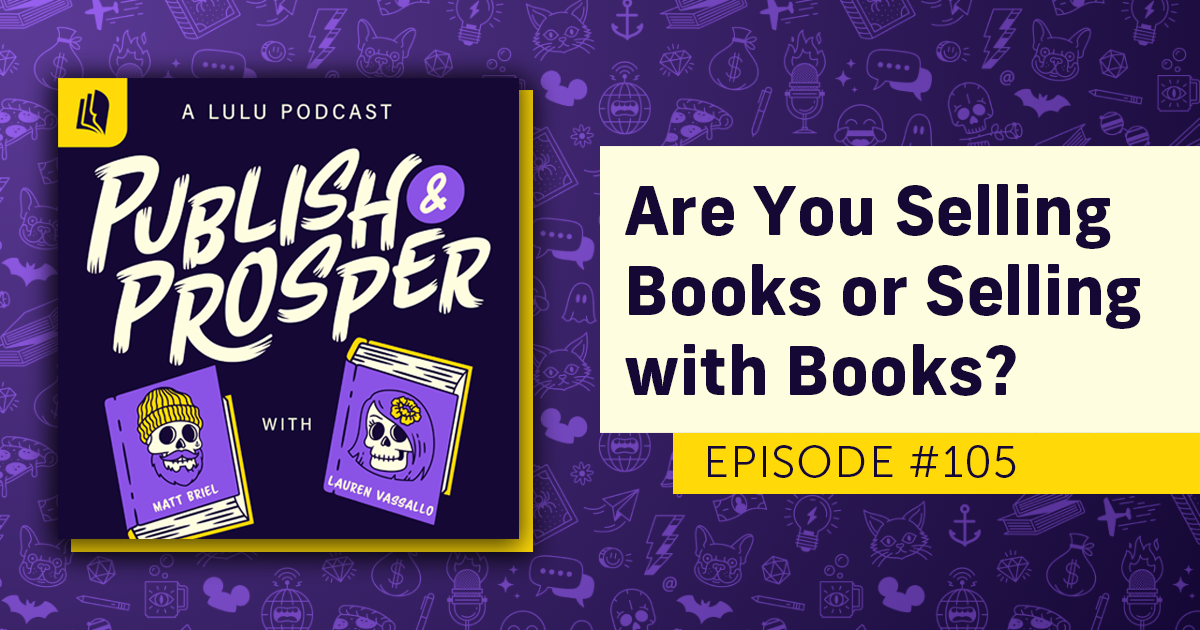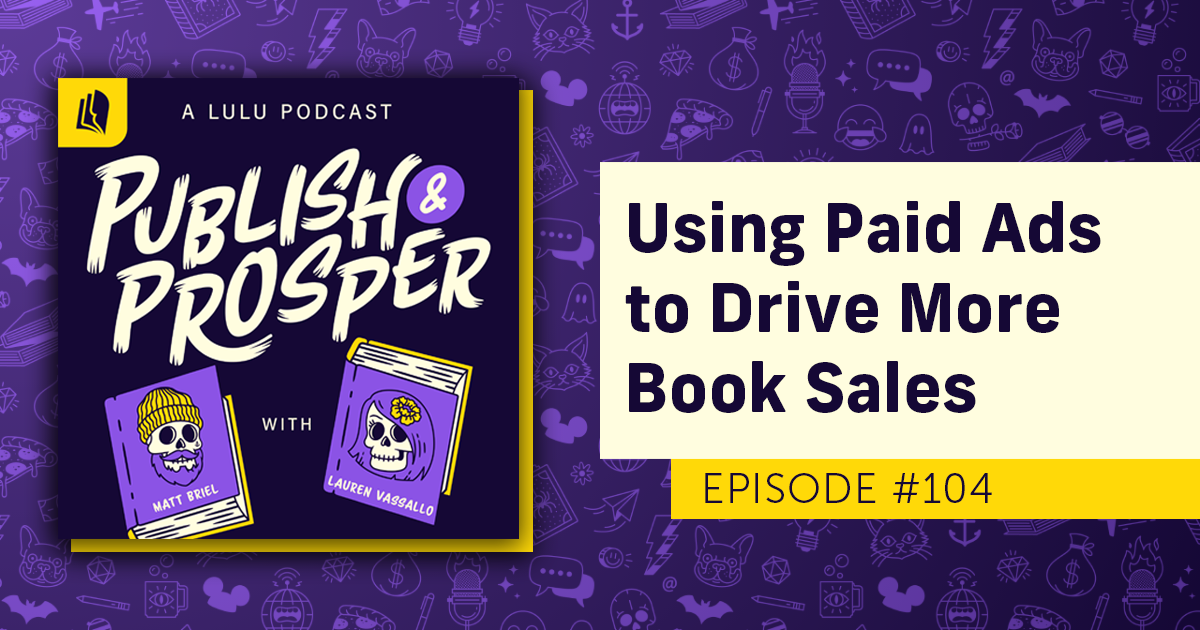Blogging for Content Creators
The creator economy is booming. Individual content creators (authors, artists, and experts like you!) are finding success in marketing and selling online like never before. New media like short- and long-form videos and podcasts are popular right now, but one method continues to be the tried and true way to connect with and reach new audiences: blogging.
A large part of the creator economy is focused on creating content to build a community. You’re not just creating and selling a product; instead, you’re establishing yourself as a skilled, knowledgeable creator your fans will want to come back to again and again. Successful creators know that developing your brand is as important (if not more important) than the products you sell.
Okay, so how do you develop your brand, create new content, and support your revenue needs? Easy: you need a blog.
What Is a Blog?
Originally called a ‘web log’ by content creators in the 90s, the term was shortened to just ‘blog.’ Unlike other static content on the web (at the time), blogs were dynamic, featuring new content regularly. Over time, blogs became a vital piece of the internet, giving experts and brands a powerful way to share new content and connect with their audience.
Blog vs. Website
Blogs are often part of a larger website. For example, Lulu’s blog is part of our ‘Resources’ category on the main site, directing you to our blog posts if you’re in need of some guidance before you publish.
A blog often is a website (this blog lives on its own URL, blog.lulu.com). But there are a few key differences between a blog and a website.
For one, blogs are constantly being updated with new posts, while your website likely only changes an image or product listing periodically. In this way, blogs become a valuable entry point for new users. If you optimize your blog for SEO, you’ll be presenting your content to people who have never heard of you before but found you through a search.
This is a powerful way to introduce people to your website.
Blog vs. Wiki
A ‘wiki’ is a collection of information—similar to a knowledge base. While a wiki is often updated regularly, the goal isn’t to convey information in an easy-to-read, search engine-friendly manner like a blog. Wikis are meant to give you the facts while providing ample links to additional resources.
If your site has a lot of information or detailed instructions for your users, a wiki page might be important. But don’t assume a wiki, no matter how detailed and well-designed, will have the reach a well-maintained blog can achieve.
Why You Need a Blog
Whether you’re an individual creator just starting your online journey or a seasoned professional working with a team of content creators, blogging offers a few critical benefits:
- Blog posts are the best way to rank on Google for a variety of keywords.
- Higher rankings will lead to new visitors finding your site, increasing your audience and your potential customers.
- You can share new and important information with your existing and potential customers.
- Blog content can be a ‘hub’ for your other content marketing efforts.
Before we go any further, you have to remember that blogs are incredibly versatile and adaptable. A blog doesn’t need to be a long wall of text—it could be a series of images, short video clips, or snippets of text.
What a blog does need to do is attract the attention of Google’s bots while also answering a question or solving a problem your audience is experiencing.
SEO Blog Writing
The first benefit of a blog is the Search Engine Optimization opportunity inherent in any new piece of content you create online. Before you even start writing your post, spend some time doing keyword research so you know what other people interested in your topic are searching for.
Learn About SEO Keyword Research
- Keywords: Get Your Self-Published Book Noticed (Lulu Blog)
- The Beginner’s Guide to SEO (Moz)
- How to Do Keyword Research for SEO (HubSpot)
Use the keywords you define to help people performing Google searches find your content. A lot goes into creating and maintaining your posts’ SEO value. You should read and watch as much as you can about basic SEO before you start publishing on your blog.
In general, there are five details to focus on when you’re building your blog:
- Using SEO-relevant keywords
- Adding alt text to all of your images
- Including a title and meta description for each post
- Internal linking to other posts and pages you own
- Social media and email sign-up buttons to grow your community
How To Start a Blog for Your Business
The first step to creating a blog is very technical: you need to find a platform like WordPress to act as a web host for your content. Then you need to define your blog topics and align them with your business. Finally, you need to create a BUNCH of content and start posting it.
What does that content look like?
That will depend heavily on the kind of creator you are and the audience you’ve built (or started to build). Since you’re already creating content, your blog should be an extension of that. Your blog must be both interesting and valuable to your followers while centering on your niche.
What that value looks like can vary—you might teach skills you’ve mastered, share your creative process, highlight tools and software you use, or anything else that speaks to your fans. Early on, you can (and should) experiment with some different kinds of content to find what catches your reader’s attention. Then work on producing more of that kind of content, all while being careful to optimize for search to attract new fans.
Results might take some time, but as you share more posts with your followers, you’ll start to grow an audience. And since you took the time to optimize your post, you’ll also enjoy new followers finding you from their search results pages, you can add new fans from your networks and from outside your sphere of influence.
Bringing Your Content to New Fans
As a content creator and entrepreneur, you know the most important way to build your business is to constantly be adding new fans and followers. A blog serves two purposes for your business: you get to offer new and valuable content and you can leverage that content to entice new fans to follow you or buy your products or services.
Creating and curating content is central to any strategy to attract and retain followers. Your blog content can be the basis for videos, email newsletters, and social media posts. That’s the ‘hidden’ value of blogging that can really pay off for you in the long term. Not only do you get SEO-rich, high-quality content to share with your fans, but you also have content that can be repurposed and recycled to appeal to fans on ALL of your media platforms.




